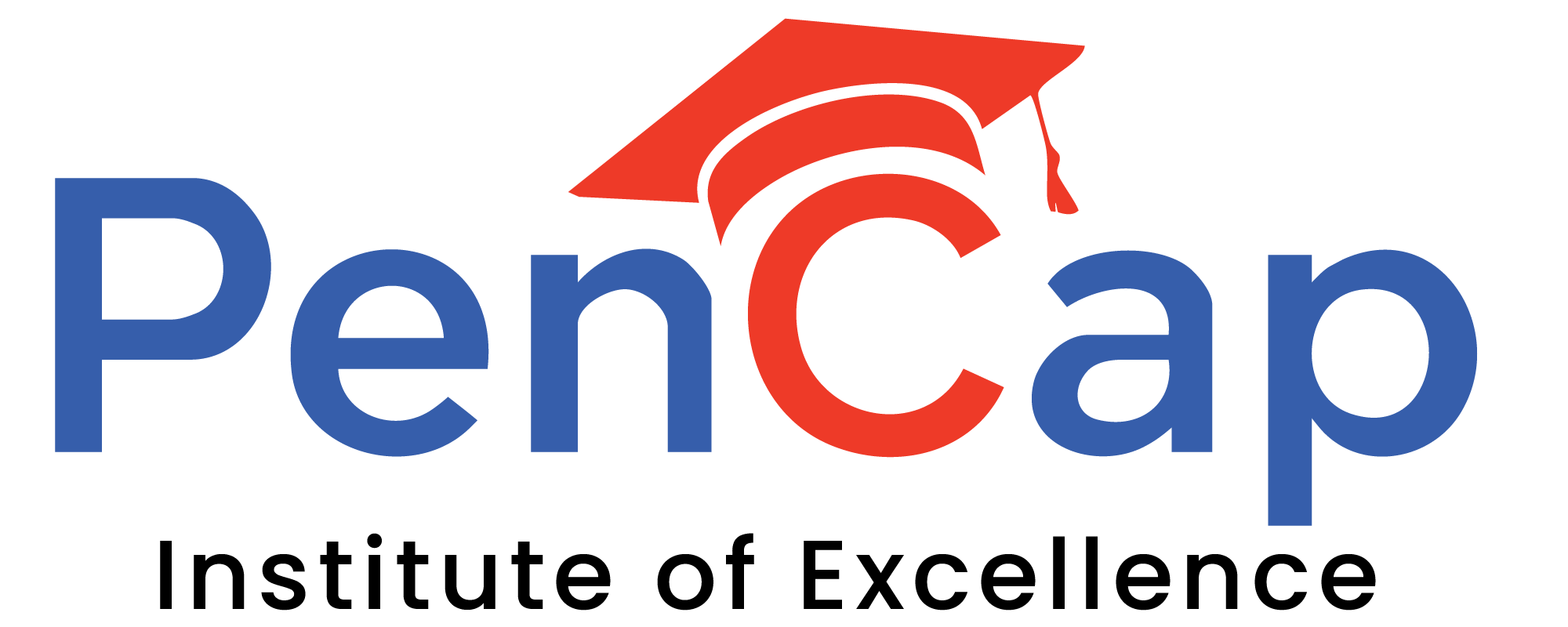
Introduction
As technology rapidly advances, so do cyber threats. From AI-driven phishing attacks to large-scale data breaches, digital security is becoming one of the world’s biggest concerns. In this fast-evolving landscape, Ethical Hackers in 2025 are the frontline defenders — the digital heroes ensuring that systems stay secure and data stays safe. If you’re passionate about computers, curious about how systems work, and enjoy problem-solving, becoming an ethical hacker might be your perfect cybersecurity career in 2025. This guide will take you step-by-step through the essential skills, certifications, and opportunities you need to start or advance your ethical hacking journey.
What Does an Ethical Hacker Do?
An ethical hacker is a cybersecurity professional who legally hacks systems to identify vulnerabilities before cybercriminals can exploit them. Unlike malicious hackers, ethical hackers work with permission from organizations, performing penetration testing, vulnerability assessments, and system hardening. Their mission is clear: find weaknesses, report them responsibly, and strengthen digital defenses.
Why Ethical Hackers Are in Demand in 2025
The demand for Ethical Hackers in 2025 continues to surge for several reasons:
- Rising Cybercrime Costs: Global cybercrime damage is expected to exceed $10 trillion annually by 2025.
- AI & Cloud Integration: Companies adopting AI and cloud tech need professionals with ethical hacking skills.
- Talent Shortage: A global shortage of over 3 million cybersecurity professionals persists.
- Government Initiatives: Many nations are investing heavily in cybersecurity education and job creation.
Simply put, cybersecurity careers in 2025 are not just lucrative — they’re future-proof.
Step 1: Build a Strong Foundation in Cybersecurity
Before diving into hacking, you need to understand how systems, networks, and applications function. Focus on these core concepts:
- Networking: Learn TCP/IP, DNS, firewalls, and VPNs.
- Operating Systems: Master both Windows and Linux environments.
- Web Technologies: Understand HTTP, APIs, and web servers.
- Security Basics: Explore encryption, malware analysis, and security protocols.
Step 2: Learn Programming Languages
Coding knowledge is a must for ethical hackers. Start with:
- Python: Ideal for scripting automation and exploits.
- JavaScript: Understand web-based vulnerabilities like XSS.
- C/C++: Deep dive into system-level security and buffer overflows.
- SQL: Crucial for database exploitation testing.
Step 3: Enroll in an Ethical Hacking Certification
To stand out in the cybersecurity career 2025 landscape, certifications are essential. They validate your skills and open global opportunities.
Top Ethical Hacking Certifications for 2025:
- Certified Ethical Hacker (CEH)
- CompTIA Security%
- Offensive Security Certified Professional (OSCP)
- Certified Information Systems Security Professional (CISSP)
- Certified Cybersecurity Analyst (CySA%2B)
Earning a recognized ethical hacking certification enhances credibility and boosts salary potential.
Step 4: Master Essential Ethical Hacking Skills
Becoming an Ethical Hacker in 2025 requires both technical and analytical expertise. Focus on:
- Penetration Testing – Simulate attacks to find vulnerabilities.
- Network Scanning – Identify open ports and system weaknesses.
- Vulnerability Analysis – Use tools like Nessus and OpenVAS.
- Social Engineering – Understand human vulnerabilities.
- Web App Testing – Tools like Burp Suite and OWASP ZAP.
- Reverse Engineering – Analyze malware and exploit code.
Practice is key — use TryHackMe, Hack The Box, and PentesterLab.
Step 5: Get Real-World Experience
Practical exposure transforms theory into expertise:
- Bug Bounty Programs: HackerOne and Bugcrowd reward ethical hackers.
- CTF Challenges: Simulate real-world cyberattack scenarios.
- Internships: Assist in network testing and threat analysis.
- Freelance Projects: Help small businesses secure systems.
Step 6: Stay Updated with Trends in Cybersecurity 2025
Cybersecurity evolves rapidly. Stay ahead by:
- Following Blogs: KrebsOnSecurity, Dark Reading, The Hacker News.
- Joining Cyber Communities: Reddit’s r/netsec, LinkedIn, OWASP.
- Attending Conferences: Black Hat, DEF CON, RSA.
- Learning AI & Cloud Security: Emerging domains of focus.
Step 7: Build Your Professional Profile
Once you’ve gained certifications and experience, showcase expertise:
- Create a portfolio with reports and CTF results.
- Maintain a professional LinkedIn profile.
- Contribute to open-source security projects.
- Write blogs to share insights.
Step 8: Explore Cybersecurity Career Opportunities in 2025
The cybersecurity career 2025 landscape offers diverse roles:
- Penetration Tester
- Security Analyst
- Cyber Forensic Expert
- Incident Responder
- Cloud Security Specialist
- Malware Analyst.
According to NASSCOM, India alone will need over 1 million cybersecurity professionals by 2025.
Conclusion
The path to becoming an Ethical Hacker in 2025 is both challenging and rewarding. With evolving threats, organizations need skilled professionals who can think like hackers but act ethically. By building strong fundamentals, earning an ethical hacking certification, and mastering ethical hacking skills, you can build a thriving cybersecurity career in 2025. Ethical hacking isn’t just a job — it’s a responsibility to protect the digital world.
FAQs
- What is the average salary of an Ethical Hacker in 2025?
In India, freshers can expect ₹5–7 LPA, while experienced professionals can earn ₹15–40 LPA.
- Which Ethical Hacking Certification is best for beginners?
The CEH (Certified Ethical Hacker) and CompTIA Security%2B are great starting points.
- Can I become an Ethical Hacker without a technical degree?
Yes, with dedication, self-study, and practical experience, you can enter through certification courses.
- How long does it take to become an Ethical Hacker?
It typically takes 6 months to 2 years, depending on your learning pace.
- Are ethical hackers in demand in 2025?
Absolutely. With growing cyber threats, ethical hackers are among the most sought-after IT professionals.








